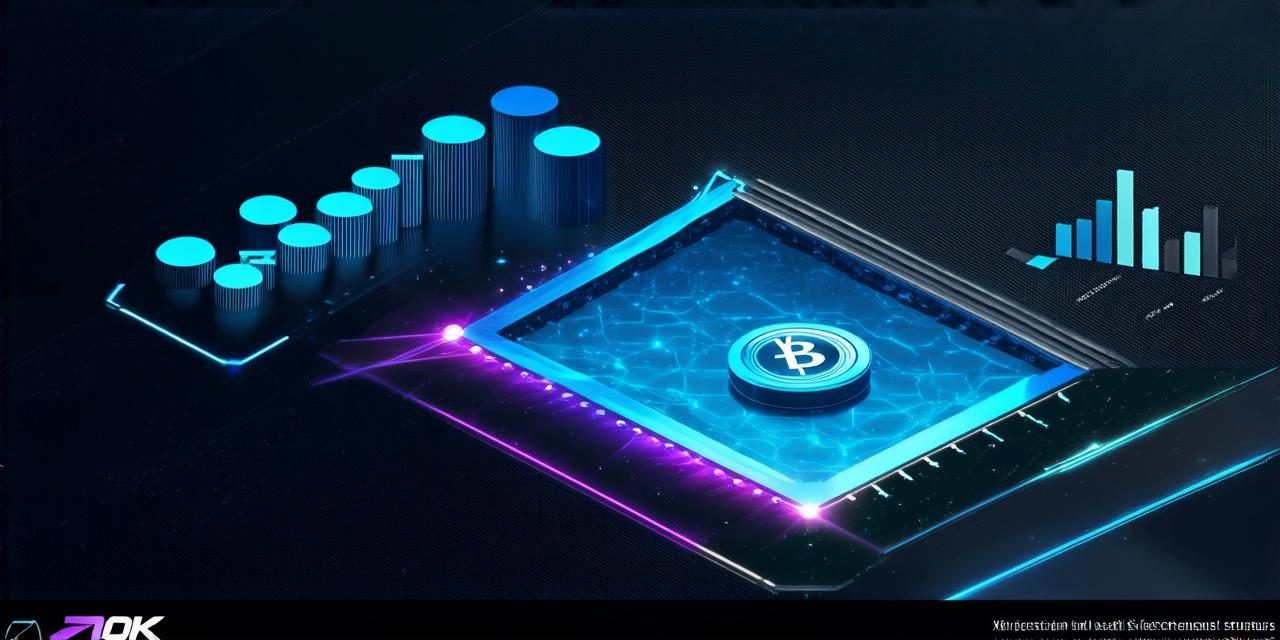In the dynamic world of cryptocurrencies, understanding the intricacies is paramount. Today, we delve into one such concept – liquidity pools.
What are Liquidity Pools?
Picture a swimming pool filled with water, ready for swimmers at any moment. Now, imagine this pool as a reservoir of digital assets in the crypto world. This is essentially what a liquidity pool is – a collection of funds used to facilitate trades on decentralized exchanges (DEXs).
Why are Liquidity Pools Important?
Liquidity pools ensure smooth trading by providing sufficient assets for transactions. Without them, trading would be sporadic and inefficient, much like trying to swim in a shallow puddle instead of a deep pool.
How do Liquidity Pools Work?
Traders deposit their digital assets into a liquidity pool. In return, they receive liquidity provider (LP) tokens, which represent their share in the pool. These tokens can be withdrawn or used to earn fees generated from trades on the DEX.
Case Study: Uniswap
Uniswap, a popular DEX, operates on this model. Its liquidity pools have enabled seamless trading of various cryptocurrencies, contributing significantly to its success.
The Role of Smart Contracts

Liquidity pools are managed by smart contracts – self-executing programs that automate the process. These contracts ensure fair distribution of fees and maintain the balance of assets in the pool.
Liquidity Pools vs Traditional Exchanges
Unlike traditional exchanges, DEXs don’t rely on a central authority to match trades. Instead, they use liquidity pools, making them more decentralized and potentially more secure.
Risks and Rewards
While liquidity pools offer attractive returns, they also come with risks. For instance, impermanent loss can occur when the price of the deposited assets changes significantly, reducing the value of the LP tokens compared to holding the assets directly.
The Future of Liquidity Pools
As DEXs continue to evolve, so will liquidity pools. Innovations like yield farming and automated market makers promise exciting possibilities for the future.
FAQs
Can I earn money from liquidity pools?
Yes, by providing liquidity, you can earn fees generated from trades on the DEX.
Are there risks associated with liquidity pools?
Yes, impermanent loss is one such risk. However, understanding these risks and managing them effectively can lead to profitable returns.
In conclusion, liquidity pools are a fundamental component of decentralized exchanges, enabling seamless trading and fostering the growth of the crypto ecosystem. As developers, understanding and leveraging this concept can open up exciting opportunities in the world of cryptocurrencies.
